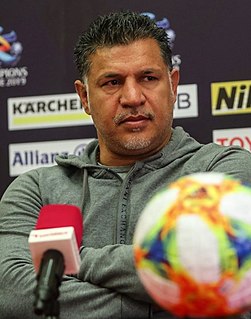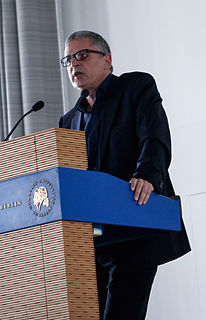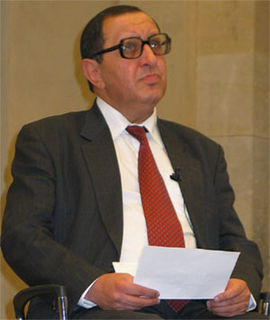A Quote by Robbie Keane
Some have said it is the easiest group at the World Cup, but we realize it won't be like that. Germany are a tremendous side, but to be honest I don't know much about Cameroon and Saudi Arabia.
Related Quotes
It is quite difficult to establish a clear-cut cause-and-effect relationship, as the causes are manifold and closely connected. It is simply not correct to link the level of democracy to prosperity. It is absolutely clear that the economic wealth of Saudi Arabia exceeds the performance of the Czech Republic. But apparently democracy is quite stable in the Czech Republic, which cannot be said about Saudi Arabia. As we delve into the past, we must not forget about the existing model of society.
If you ask a Saudi Imam why women in Saudi Arabia can't drive, he'll say, 'Because Islam demands it.' But that's absurd, because - first of all - Islam demands no such thing; and secondly, the only country in the world in which women can't drive is Saudi Arabia. The inability to understand the difference between a cultural practice and religious belief is shocking among self-described intellectuals.





































